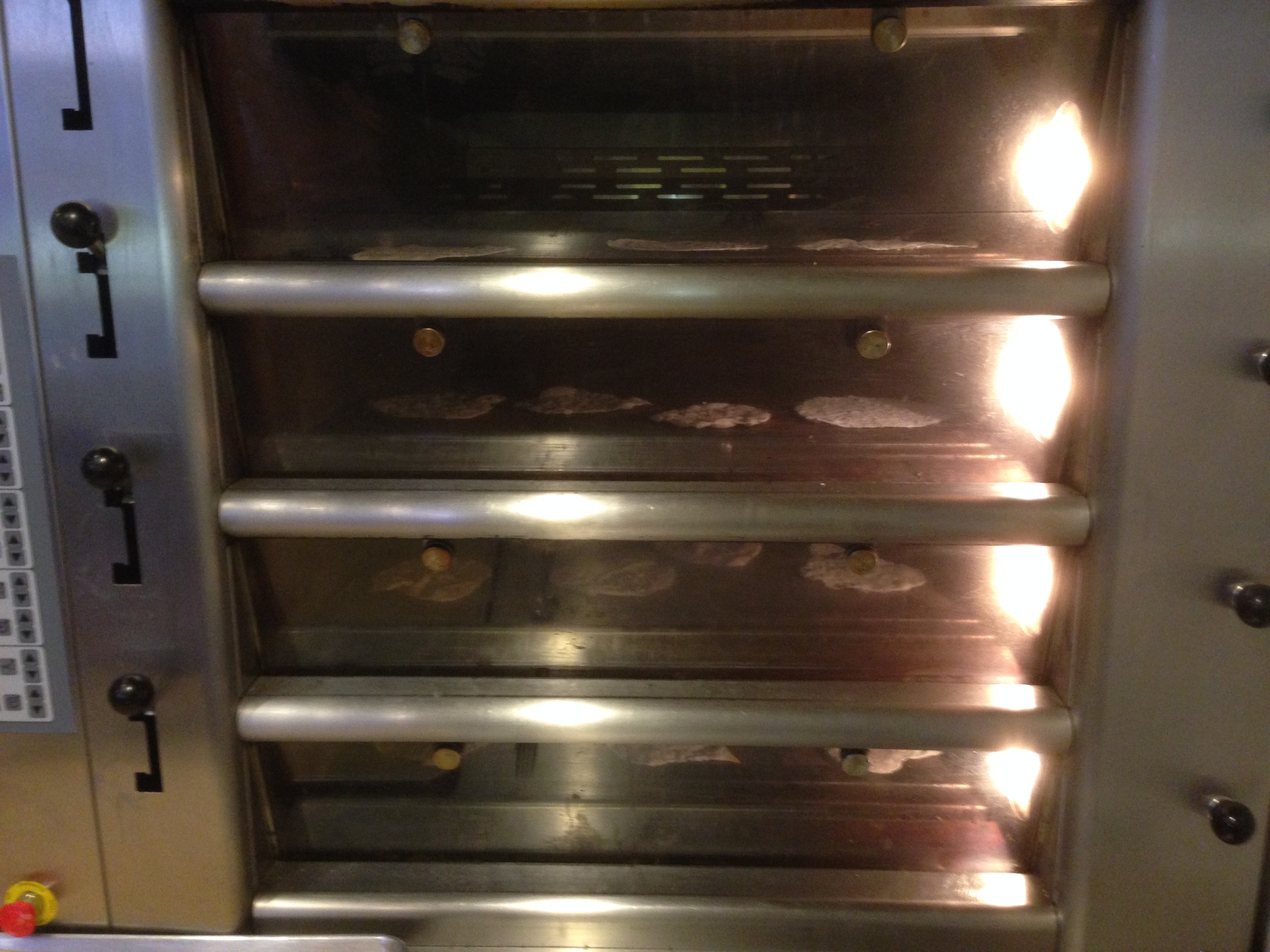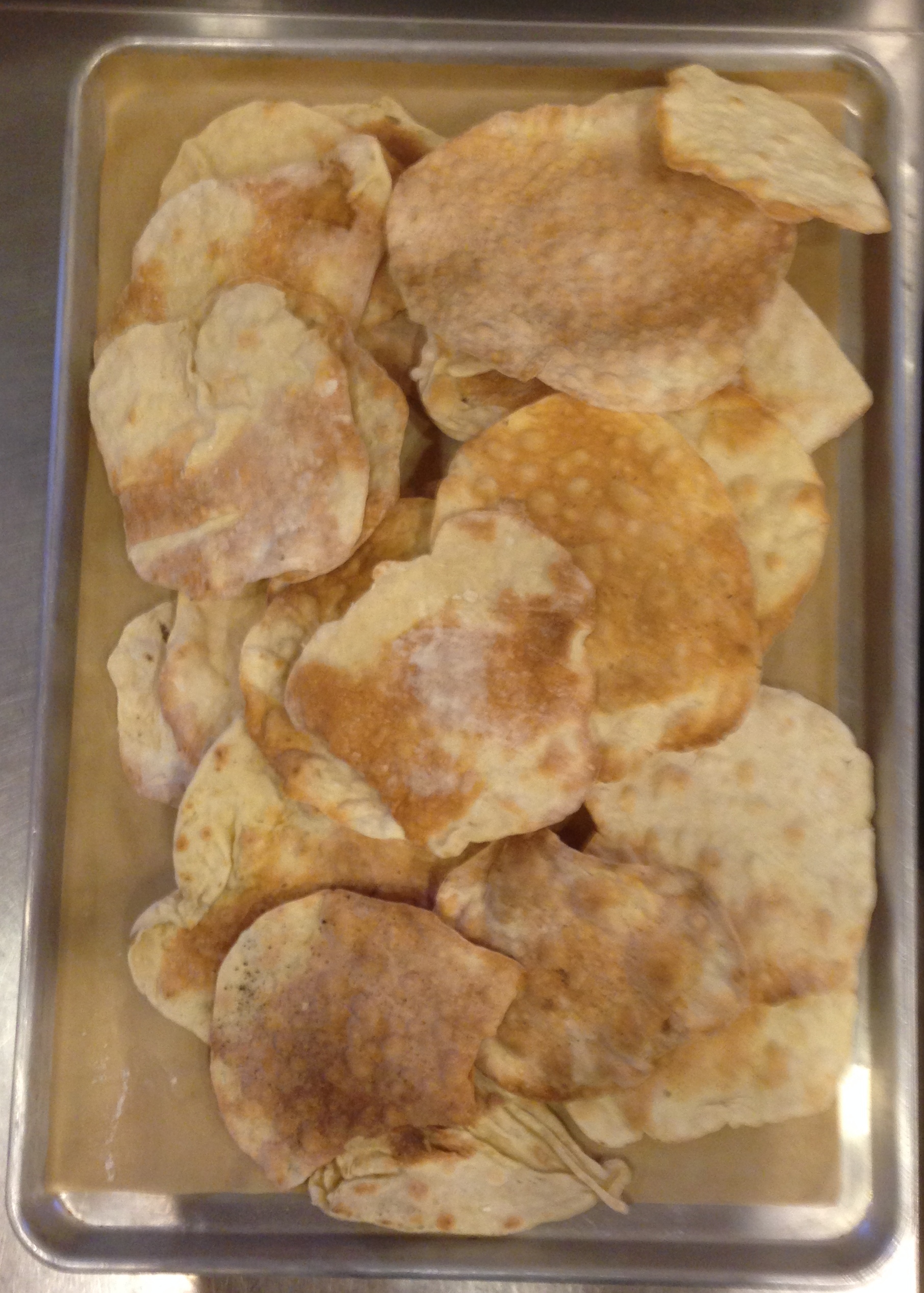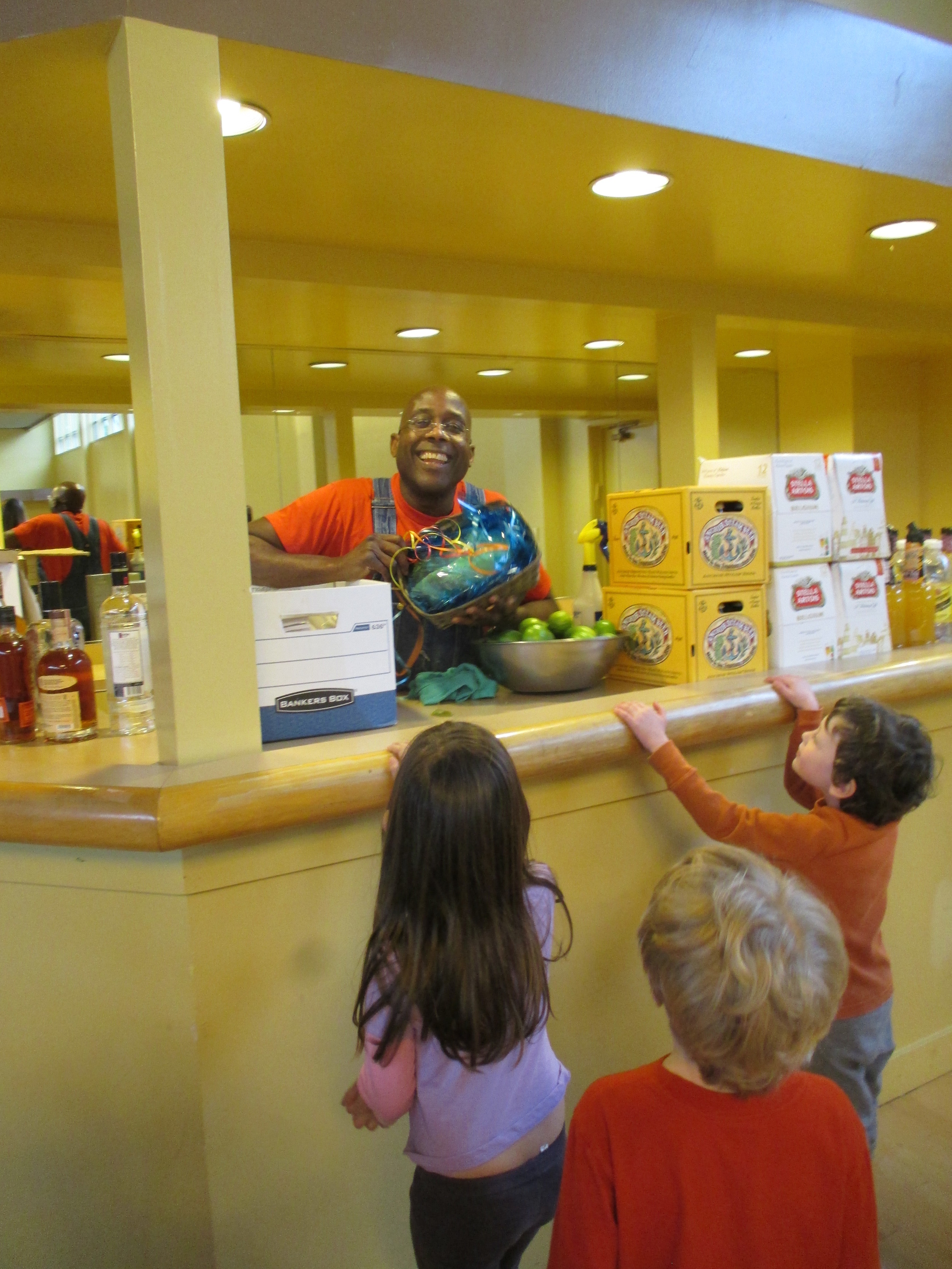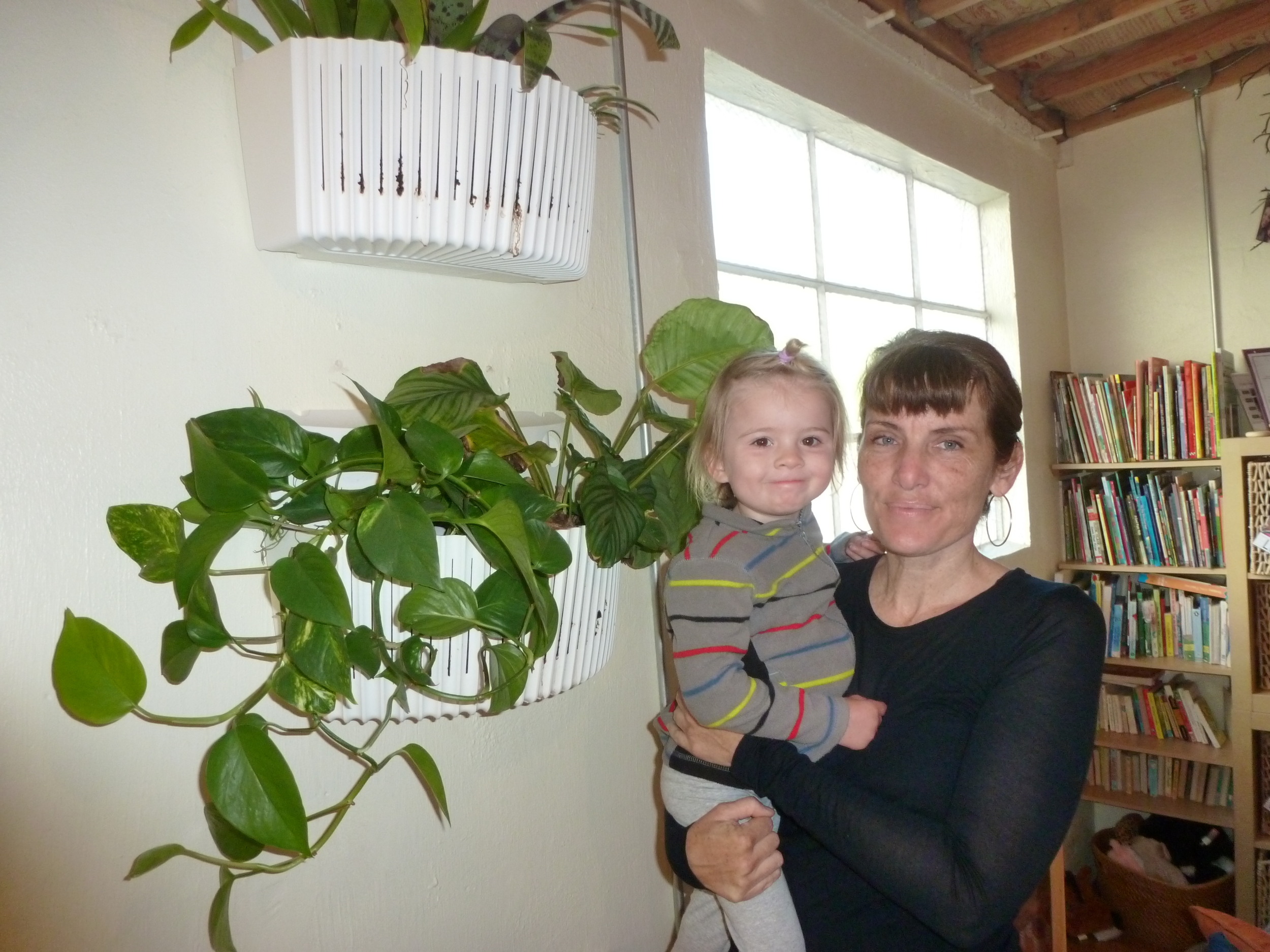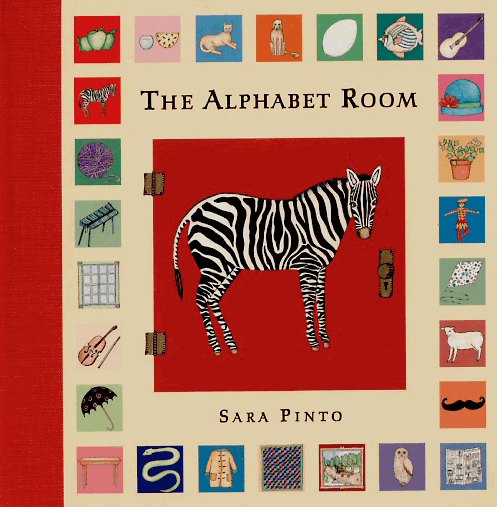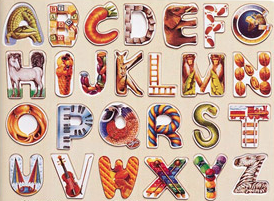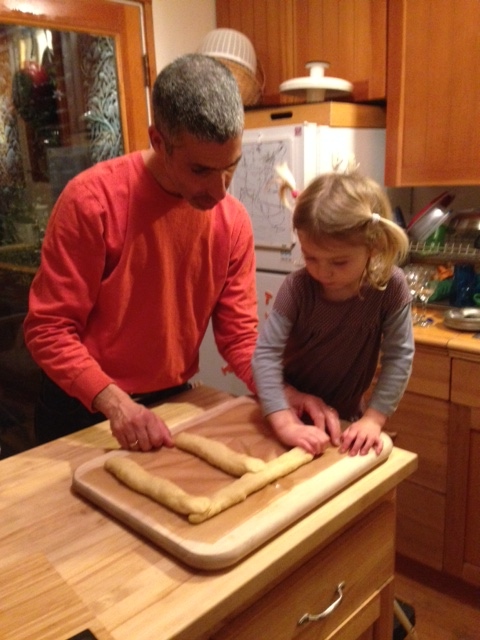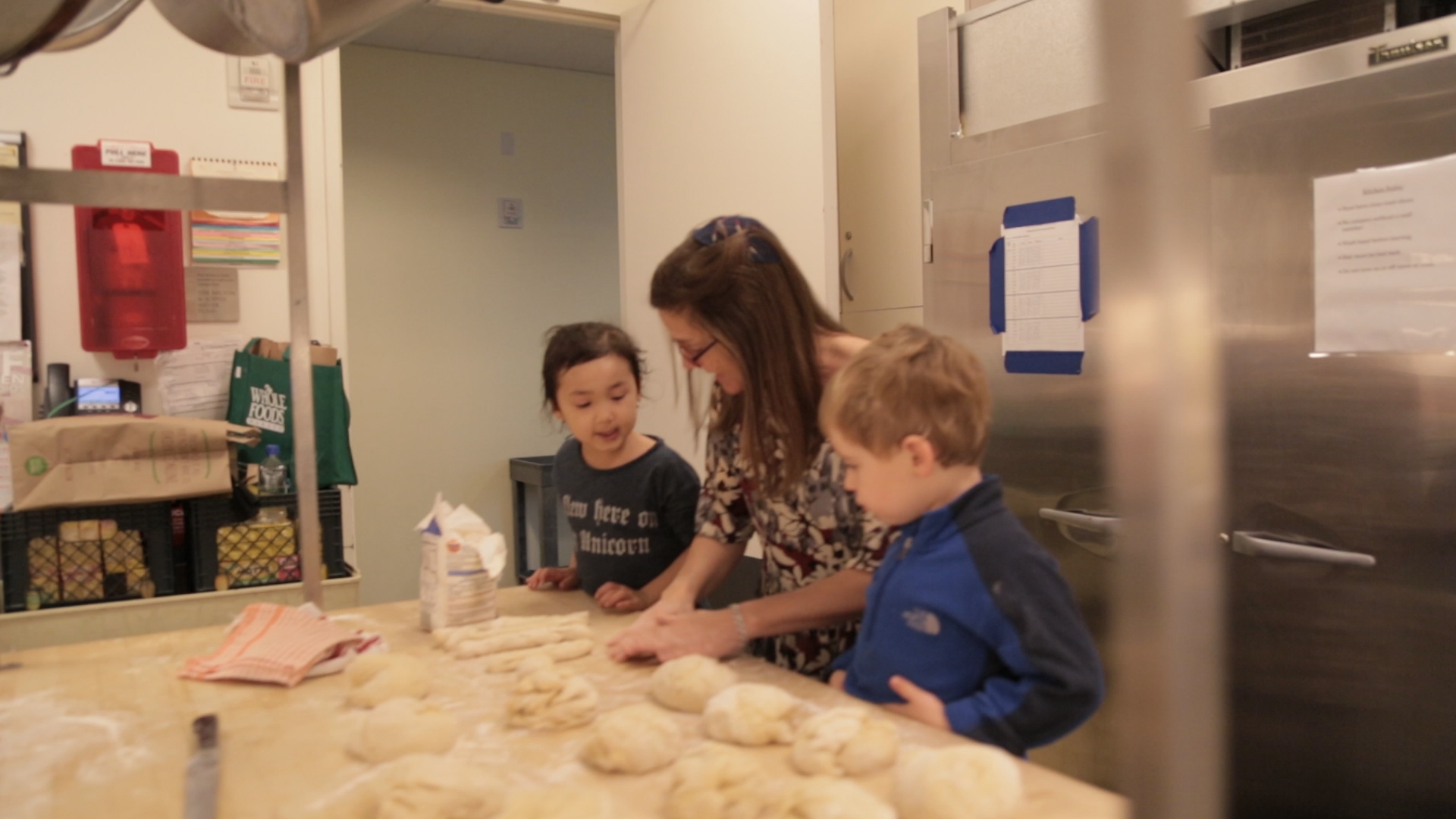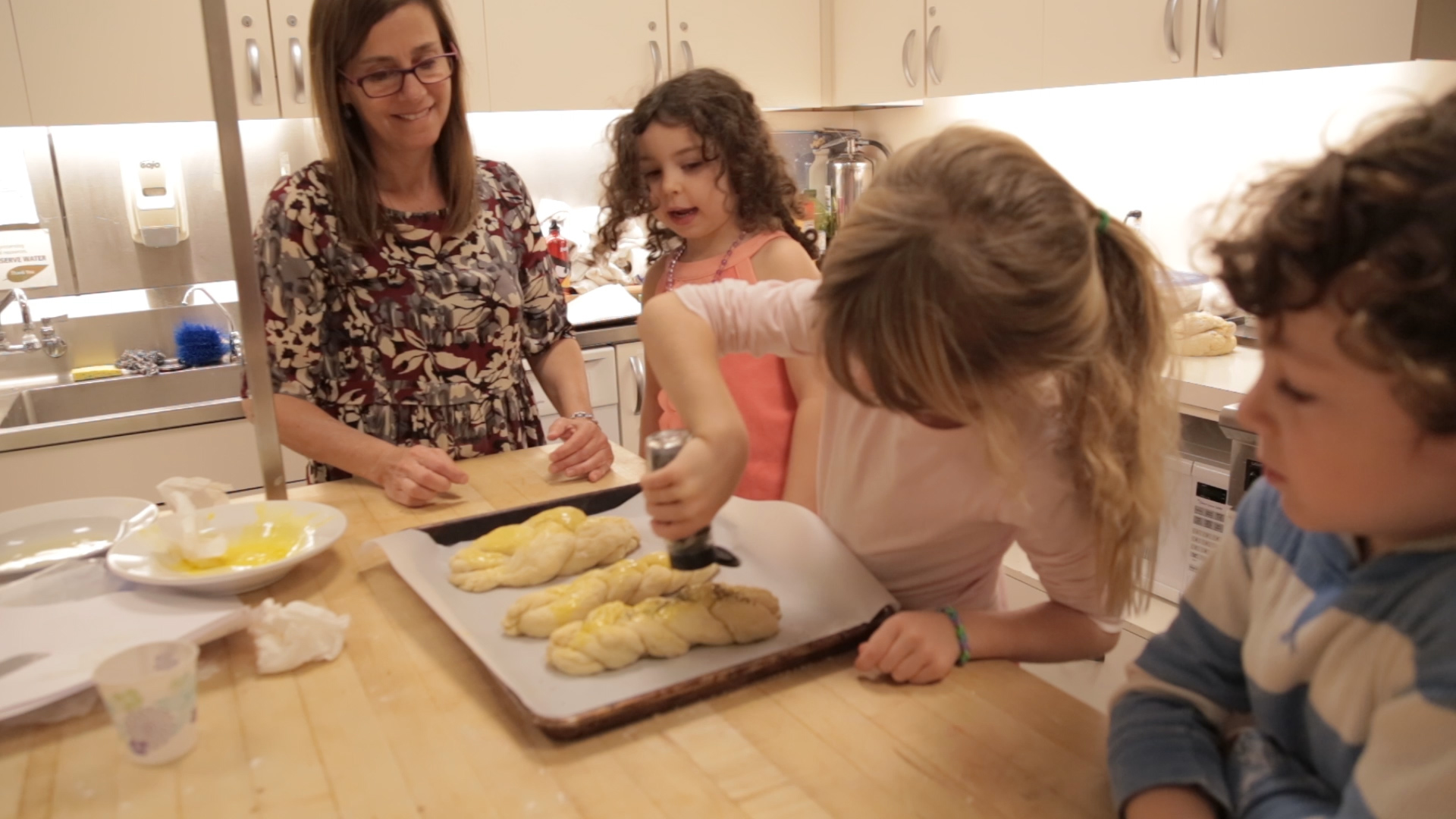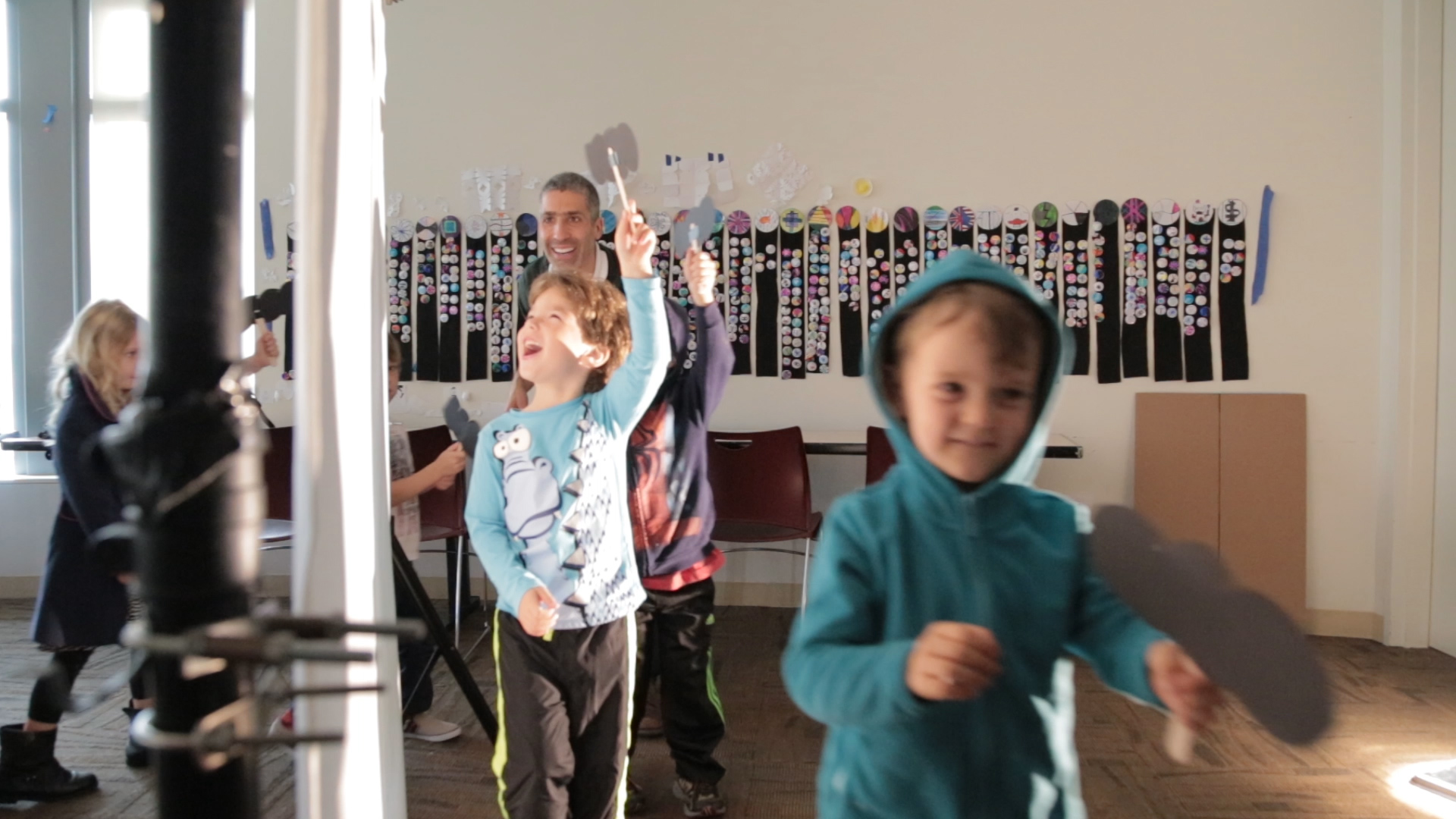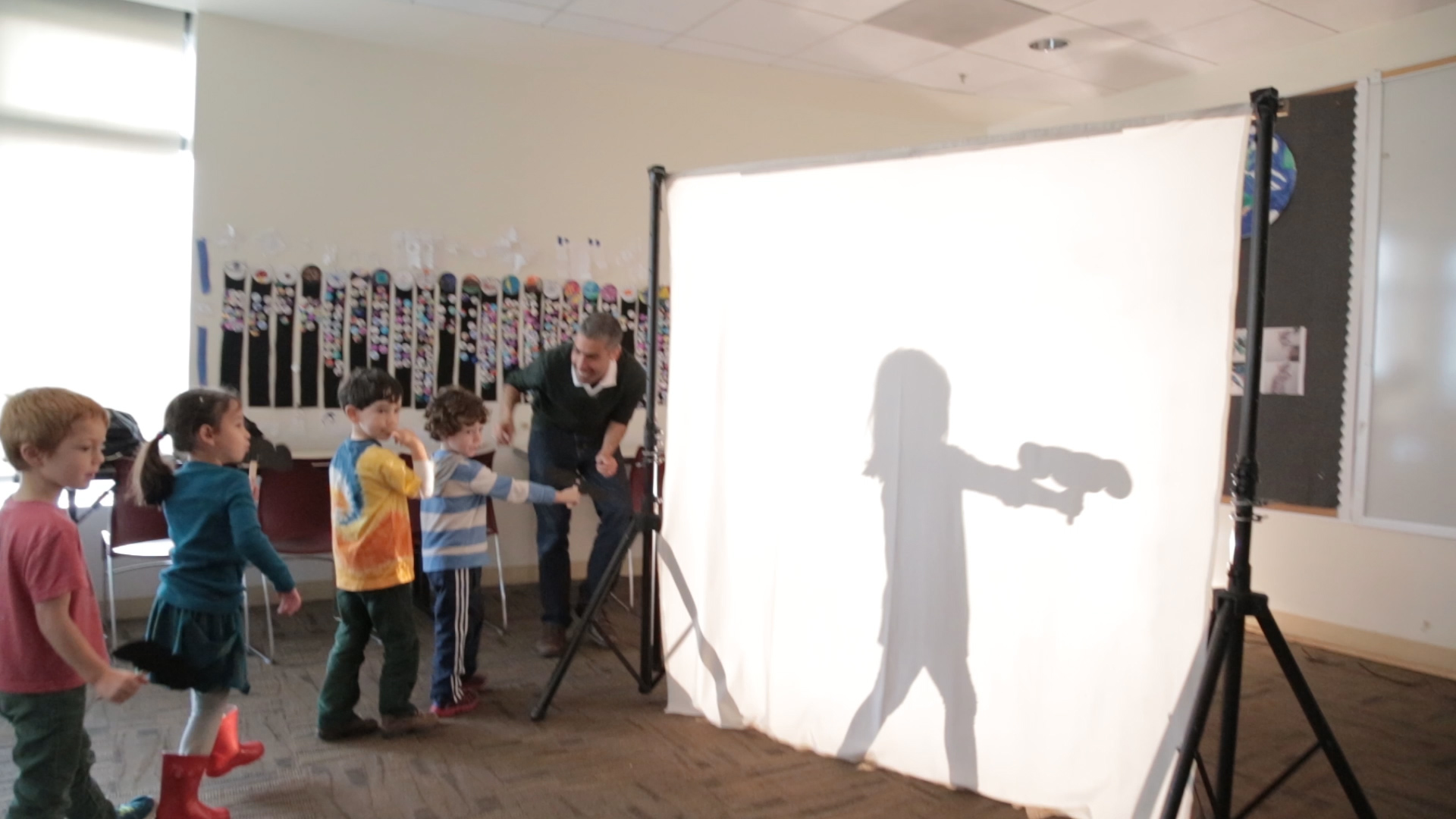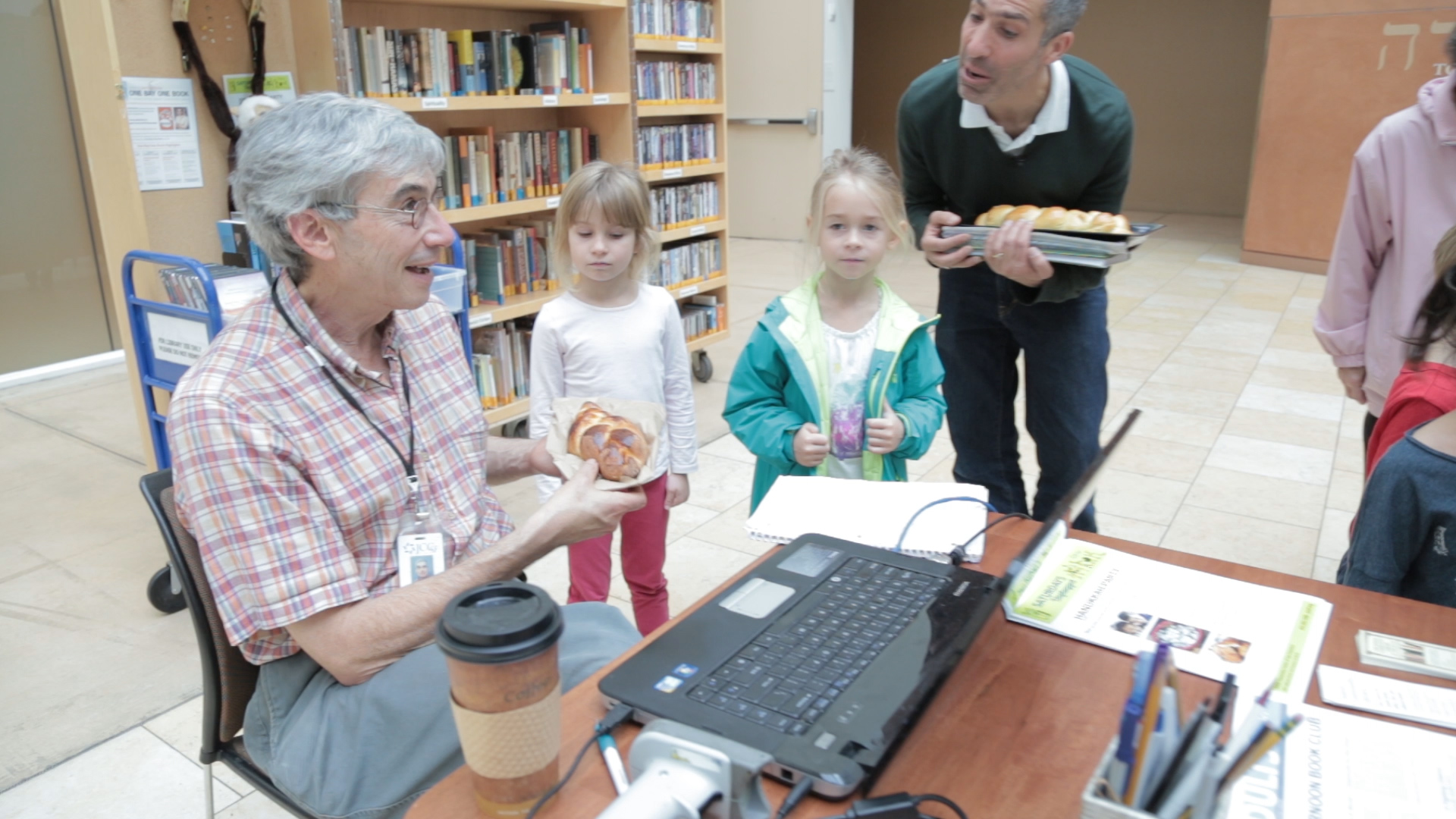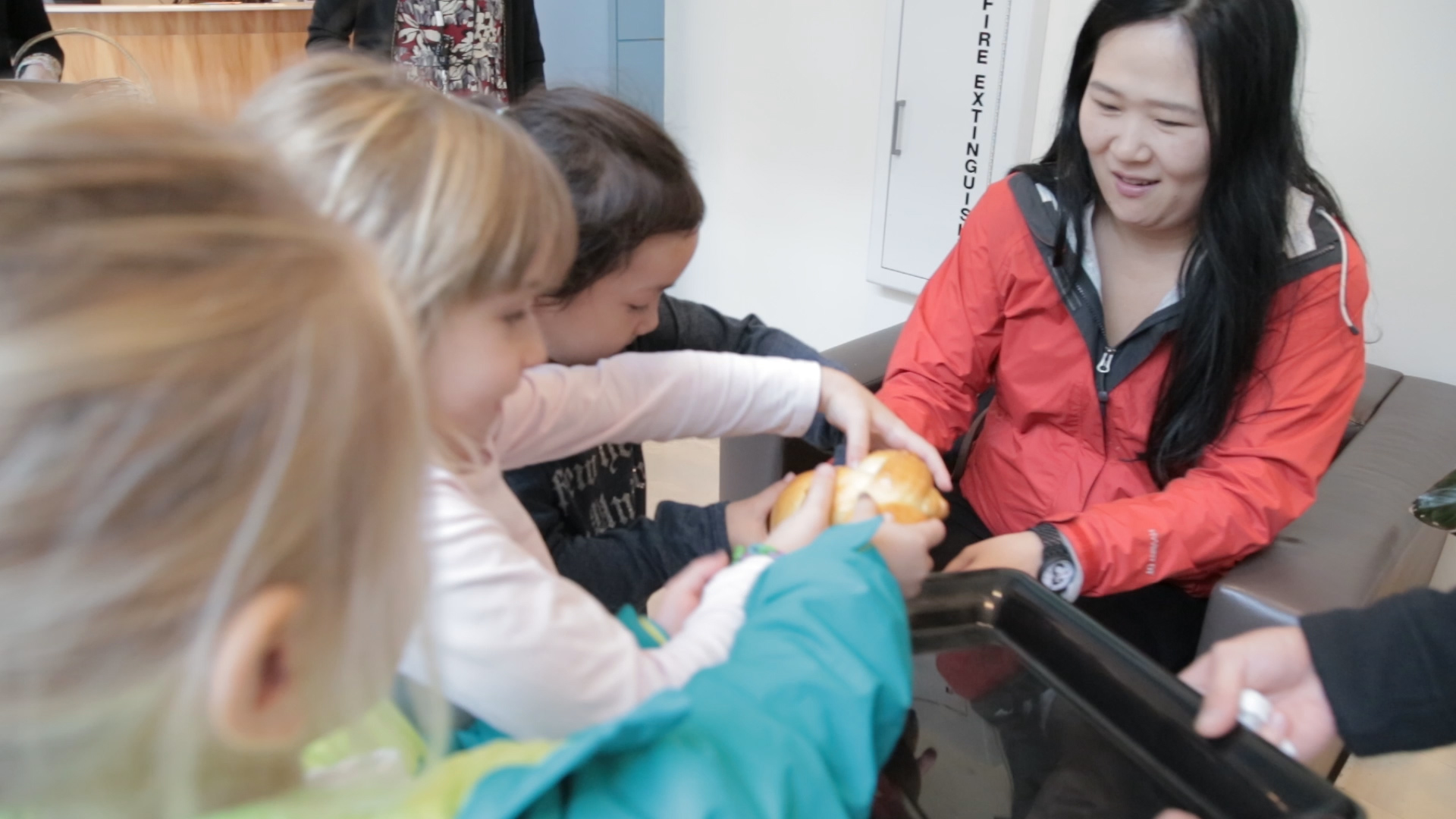Week 31: "It's a Big World After All"
Daniel Barash
Recently, we had the honor of sharing a Shabbat meal with Ruth Messinger, President of American Jewish World Service (AJWS). We’ve been longtime supporters of this amazing non-profit, which raises funds to support “hundreds of grassroots organizations working to promote health, education, economic development, disaster relief, and social and political change in the developing world.” They work with women, youth, ethnic, religious and sexual minorities, indigenous people, refugees and IDPs and people living with HIV/AIDS.
After we had broken the Sabbath bread and were beginning to enjoy the meal, I inquired about what had inspired her to become interested in social justice issues in the first place. She said that it started when she was a little girl in New York City; America had “been good to her family” since their arrival, and her parents “gave back” through leadership and philanthropy. She also said that her family derived meaning from their faith by practicing “Social Justice Judaism,” participating in actions and causes that addressed Jewish and secular issues alike.
Ruth served on the New York City Council from 1978-1989, and was Manhattan Borough President for eight years before running for mayor in 1997. In 1998 she joined AJWS, and has never looked back. She has worked tirelessly to engage the American Jewish comminuty with the pressing concerns experienced by so many around the world.
Aviva, at almost four-years-old, surprised everyone at the table by eating with a fork, saying “please” and “thank you” unsolicited, and appearing to listen intently to our conversation. Clearly, much of it went completely over her head. As it should. As I explored in Week 29’s blog post “Why?,” there are so many questions in this world beyond her scope of understanding, and so many urgent problems that need attention. I am thankful every day that she has a roof over her head, enough food to eat, a community that is safe, and parents that have the time and resources to be consistently present with her, and am highly aware that many children, both here in our own community and around the world, do not have these basics that can easily be taken for granted.
If it’s not the right time in her life to expose her to all the injustices that exist, what can we be doing to prepare her for when it is indeed developmentally appropriate to share? In our own neighborhood, by dropping challah off at the Women’s Drop-In Center monthly, she is beginning to figure out that close to home, the challah we bake is helping to feed women and children who visit the drop-in center during lunch time. This is something concrete and not too complicated for her to understand, and it shows that she can have some impact in connecting with those around her. This action does not yet delve into the much larger issues of joblessness, homelessness, income inequality, and so on. In time…
With regard to current problems and concerns that occur much further away (i.e. police misconduct in Baltimore or the huge earthquake in Nepal), what we’re trying to do now is introduce the idea that the world is a very BIG PLACE! She has a large, soft world globe, that in addition to being perfect for a game of catch, serves as a great teacher for her growing global awareness. Indeed, she often uses the globe to take imaginary plane rides, visiting relatives and friends who live across the US and throughout the world.
Though we haven’t yet traveled internationally with her (save for two short trips down South), it’s our hope that over the next few years, we can begin to take some global treks. She will certainly see the wonders of the new places we encounter, and will also hopefully be sensitive to the challenges that exist as well. And in the not so distant future, she just might embark on an AJWS learning trip (with or without Abba and Papa!), where she can discover the complex needs of the place she is visiting, and learn how individuals are addressing the situations, in smaller and larger ways.
Thank you, Ruth, for the work you’ve done and continue to do. You are an inspiration for us and our daugher!

















